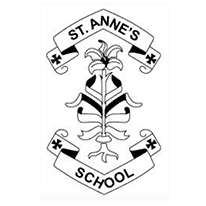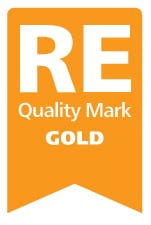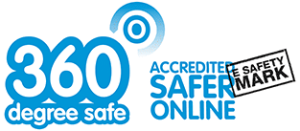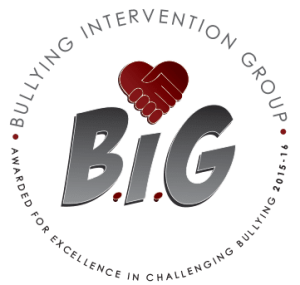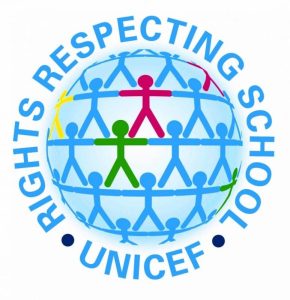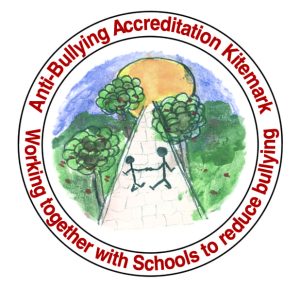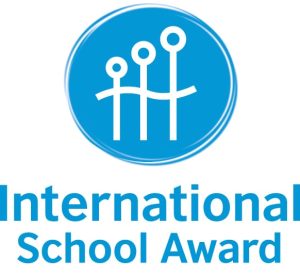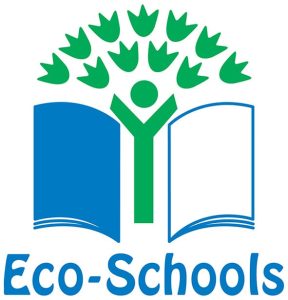PSHE / RSE
- PSHE and RSE Intent, Implementation and Impact Statement
- PSHE RSE Long Term Plan
- Progression document RSE PSHE
- PSHE – RSE policy 2023
Personal, Social, Health and Economic Education
Personal, Social, Health and Economic (PSHE) education is a subject that goes beyond the academic and encompasses the whole child to develop responsible, respectful and active citizens. At St. Anne’s, we follow a spiral curriculum so that children can build upon and further develop previous knowledge and skills. Our education prepares children to use these skills and apply them in this ever- changing, fast- moving world. We draw upon the British Values of democracy, rule of law, individual liberty and mutual respect and tolerance. We provide a PSHE education as it contributes to the statutory duties, outlined in the Education Act 2002, to provide a balanced and broadly-based curriculum whilst adhering to the compulsory teaching of relationships and health education.
Relationships and Sex Education
In 2020, the Government introduced a statutory requirement for Relationships and Sex Education (including health) to be taught in schools. RSE enables children to develop the knowledge and skills necessary to form and maintain healthy relationships, to respect others and to keep themselves safe and healthy. Equality and diversity are promoted. As part of RSE, children will learn about:
- Families and people who care for us
- Caring friendships
- Respectful relationships
- Online Relationships
- Being safe
In Primary Schools there is no requirement for Sex Education though this is included in our curriculum. There are two lessons within the Year 6 programme of study which focus on conception, pregnancy and birth. Parents / Carers have the right to opt out of these lessons for their child if they wish. Parents / Carers should inform the school of their intent to opt out prior to the start of the summer term in Year 6. These are the only 2 lessons within the curriculum that Parents / Carers can opt out of
Curriculum Intent
As a school, we believe that for our pupils to achieve academically and to develop as a whole child, it is important to look after their social, emotional and mental health as well as their physical health. We want our pupils to be resilient and independent learners that can face the many, often complex, challenges of life in the modern world. We hope that our pupils develop healthy positive relationships and that they are effective communicators. We want our PSHE and RSE curriculum, supported by our Christian vision and values, to promote and embrace equality and diversity and for our pupils learn to treat everyone with kindness and respect.
We recognise that our children will face a vast range of moral, social and cultural issues as they grow up and develop in our ever-changing world. As a result of this, our PSHE and RSE curriculum provides opportunities for our children to explore and challenge a range of values, attitudes, beliefs, rights and responsibilities thus supporting them to understand how they are developing personally, socially and emotionally,
With technological developments and the rapid expansion of social media our children are having to navigate a complex and challenging online world. It is one aim of our PSHE and RSE curriculum that we provide our pupils with the knowledge and skills to enable them to make safe choices when online, to recognise and manage risk, to identify what is not suitable for them and to take appropriate action when encountering something that has caused them upset or distress. Coverage not only includes online content but also online relationships and cyber bullying.
Curriculum Implementation
Our PSHE and RSE curriculum is a spiral curriculum whereby each class covers the same theme each term but at an increasing level of complexity as children move through the school. This enables pupils to build upon previously learned knowledge and skills at an age appropriate level, to apply their knowledge and skills in different contexts and to be able to face more challenging scenarios with success. By providing opportunities to build upon knowledge, we can ensure that our pupils have the appropriate building blocks to succeed in this curriculum area.
The units covered are:
- Family and relationships
- Health and wellbeing
- Safety
- The changing body
- Citizenship
- Economic wellbeing
We use the Kapow scheme of work to teach PSHE and the statutory requirements of RSE. Where lessons go beyond the statutory requirements (primarily in citizenship and economic wellbeing modules) they refer to the PSHE Association Programme of Study which is recommended by the DfE. This curriculum does cover the sex education aspect of the RSE curriculum, in line with DfE recommendations, with two lessons in year 6 which cover conception, pregnancy and birth. Parents and carers have the right to opt out of these two lessons if they wish. The scheme covers the requirements of the Equality Act 2010 through direct teaching e.g. learning about different families, the negative effect of stereotypes and celebrating differences. In addition, teaching materials show diversity and inclusion.
PSHE / RSE lessons will naturally involve teacher input but there is also the opportunity for discussion and debate. Children are encouraged to ask questions and be curious learners. Lesson content incorporates stories, videos, real-life scenarios and role play. Children can engage with complex and challenging scenarios is a safe and structured way.
There are many meaningful cross-curricular links within the scheme, particularly for science and computing.
A ‘ground rules’ lesson is covered at the start of each new academic year which allows pupils and teachers to discuss how they will jointly create a safe environment for the lessons in which everyone can feel confident and secure. Throughout the programmes of work, there is a consistent message of how and where children can access help and support when needed.
Learning is recorded in a floor book rather than individual pupil books.
Curriculum Impact
Impact is measured through assessment for learning opportunities and through assessment quizzes and knowledge catchers which are part of the Kapow scheme. Learning outcomes are shared with the children at the start of the session so pupils are clear on what we want to achieve. Within all lessons, children have the opportunity to reflect on what they have learnt within a session and these reflections are usually recorded in a class learning journey (floor book). Teachers are observing and assessing learning throughout sessions based on participation in activities as well as pupil reflections. They use effective questioning to help elicit understanding and provide feedback which leads learners to recognise their next potential steps and how to take them. This could be verbally or could be part of the summary they write in the class floor book at the end of each session.
In lessons you will see that our children are confident, enthusiastic and active participants. They are clear on what they are learning and why and respond well to the activities presented to them because their teachers know them so well and activities are well-matched to their needs.
PSHE / RSE is not a subject that can just stand on its own. We ensure there are always opportunities for application of learning within and across subject disciplines and the wider school environment. The impact on our children is clear: progress, sustained learning and transferrable skills. And more importantly: socially, emotionally and mentally healthy children.
Judgements on the impact of the curriculum on pupils is based upon a triangulation of different monitoring and evaluation activities within school. Work and book scrutiny, pupil voice discussions, outcomes of assessments and quality of teaching and learning are all used as tools to help senior leaders assess the impact of the curriculum.
